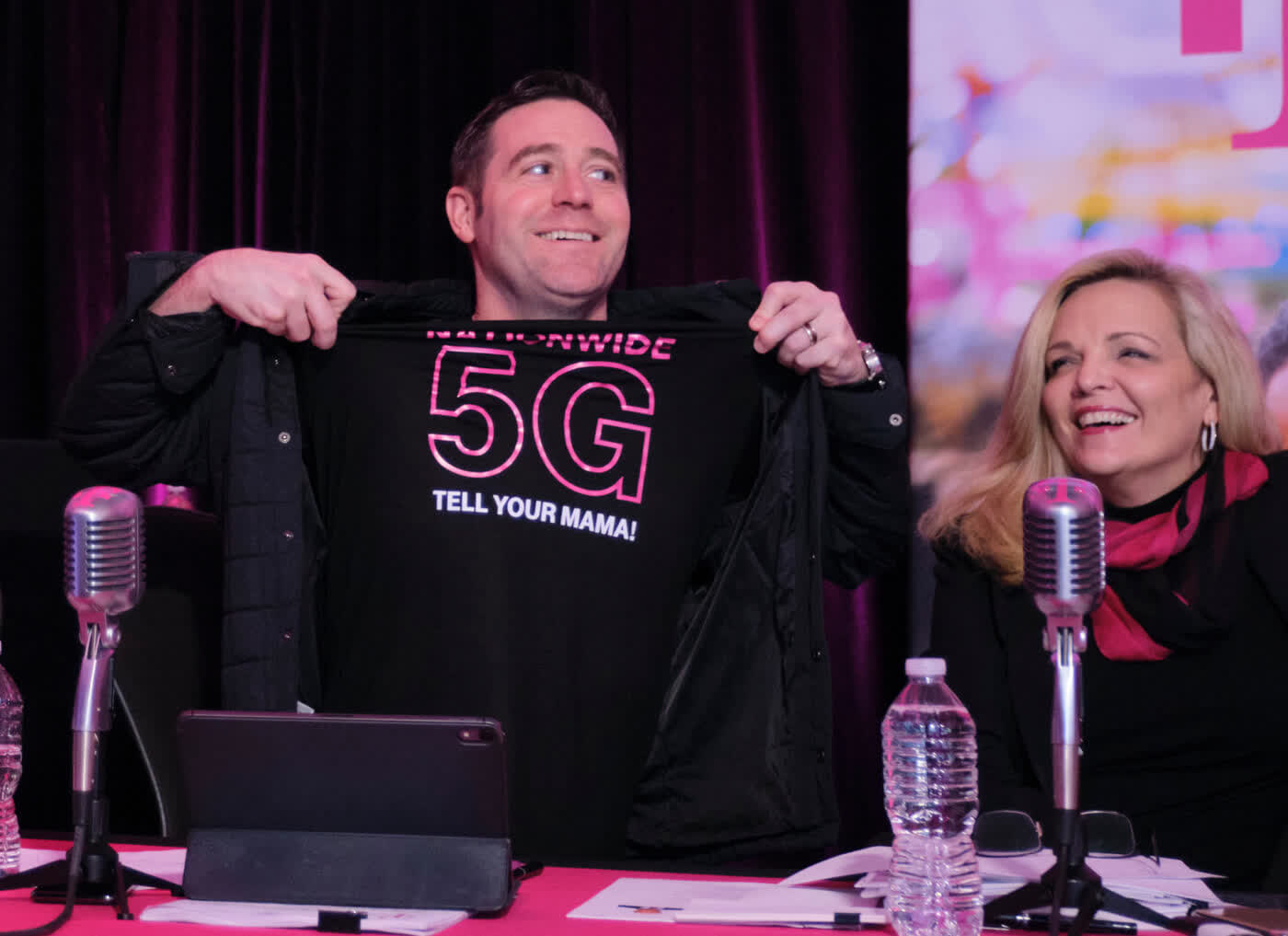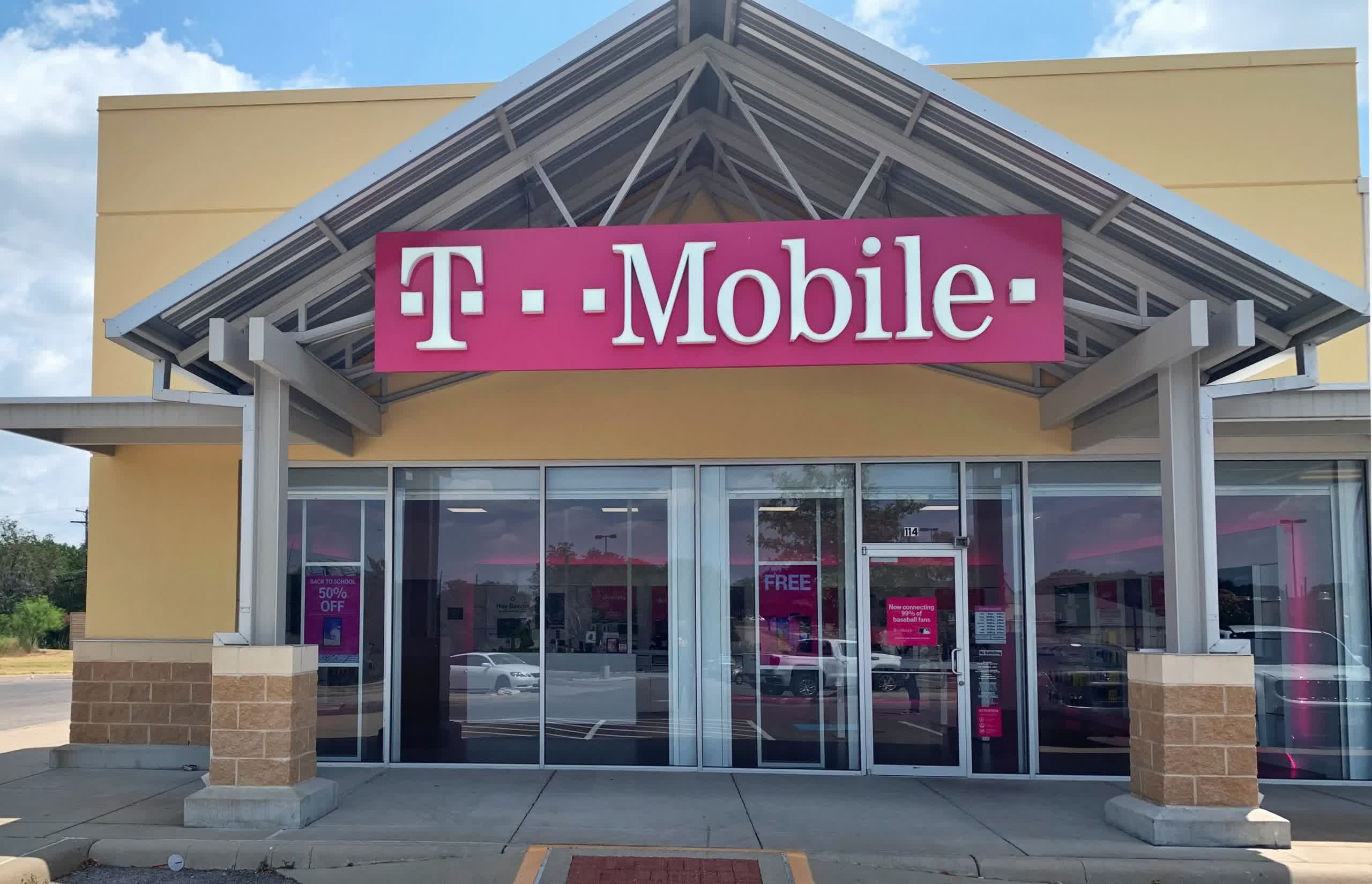In brief: On Friday, the California utility regulators ruled that T-Mobile misled then during testimony regarding the Sprint merger. The questionable claims were regarding T-Mobile's plans to dismantle Sprint's legacy CDMA network. The ruling will allow T-Mobile to explain its statements before issuing any penalties against the company.
Update (08/17/21): Shortly after publication, T-Mobile reached out to us to comment on the Commission's ruling. A spokesperson said that the company categorically disagrees with the Administrative Law Judge (ALJ) in this case, issuing the following statement:
"We absolutely disagree with the ALJ action, which we believe is meritless and without basis in fact. We look forward to presenting evidence and setting the record straight through the upcoming process. For months, T-Mobile has been working aggressively to ensure no customer is left behind as we transition to technology that will better serve them into the future. We remain committed to that goal."
T-Mobile CEO Mike Sievert also provided a lengthy discussion on the subject on the company's blog.
T-Mobile said it would maintain the code division multiple access (CDMA) network while it migrated Boost Mobile customers to Dish Network's LTE or 5G services. The company claimed the migration would not affect its 5G build-out. It was all supposed to happen over the course of three years. However, T-Mobile then decided it would decommission the network on June 20, 2022, and Dish Network appealed to the Public Utilities Commission of California (CPUC) over the planned premature shutdown.
The Commission reviewed the case and sided with Dish saying that T-Mobile misled regulators through "false, misleading, or omitted statements." It pointed directly to CTO Neville Ray's testimony, who failed to state that the PCS spectrum that the CDMA runs on would be needed to build out the company's 5G network. Dish then took it to the CPUC.

"Several times in his testimony Mr. Ray listed the types of spectrum that would be needed for 5G service, but PCS spectrum - and specifically the PCS spectrum acquired through the merger with Sprint - was not on these lists. Moreover, in response to questions regarding the potential of the DISH Divestiture to affect the 5G build-out, T-Mobile never indicated that using PCS spectrum for CDMA service could impact T-Mobile's 5G build-out. Nor did T-Mobile ever reveal that PCS spectrum was used to provide CDMA service to Boost customers."
For regulators to approve the Sprint merger, T-Mobile had to agree to divest Boost Mobile by selling it to Dish. Dish Network was supposed to have three years running on the CDMA network while it worked on its infrastructure. Regulators saw this as a fair way to fill the void left by Sprint as one of the four major carriers.
T-Mobile seems to want to either renege on that deal or lied by omission when initially questioned by regulators. The company now has a chance to explain why it told the Commission one thing then did another. A virtual hearing is slated for September 20. T-Mobile faces sanctions and fines of up to $100,000 for every offense.
